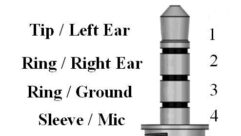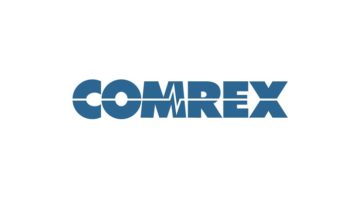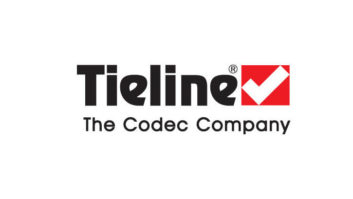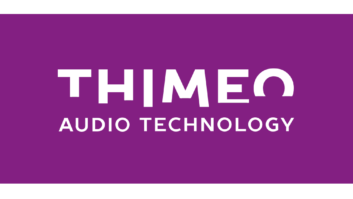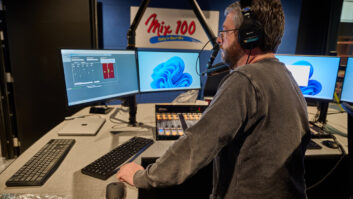Radio World Buyer’s Guide articles are intended to help readers understand why their colleagues chose particular products to solve various technical situations. This month’s articles focus on products for radio remotes and sports.
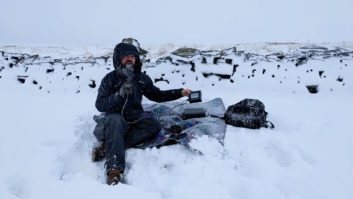
In:Quality, a U.K.-based company that specializes in remote broadcast products and services, recently introduced the USB SIP Codec. Kevin Leach is founding director.
Radio World: What are the advantages of a SIP codec over other platforms?
Kevin Leach: The beauty of SIP is compatibility, now that so many devices support both SIP and the Opus audio format.
The person making a call from one compatible device doesn’t need to know anything about the equipment at the other end. They just dial its SIP address, and the call parameters are negotiated automatically.
RW: Can you give examples how your clients are using it creatively?
Leach: Sure. The touchscreen version of our USB SIP Codec has been extremely popular in parts of the BBC, and for Radio France. Both had to respond quickly to the first COVID lockdowns and were able to deploy our devices to their hosts and pundits, to allow them to connect to the studios from home.
The low cost and immediate availability of our devices allowed both broadcasters to purchase in bulk and at short notice. Meanwhile, the simplicity of the setup and on-screen controls allowed the hosts to install the codecs, without the help of an engineer.
RW: Are there misconceptions you’d like to dispel about the product or SIP in general?
Leach: I think some radio producers are still skeptical about SIP, and IP in general, because they have had bad experiences in the early days, especially when using bad WiFi or 3G connections.
Consumer broadband has become much more robust in recent years, especially when WiFi is eliminated. For that reason, our devices do not support WiFi, and instead are hard-wired to the router using Ethernet.
Because SIP is a telephony standard, many users are also surprised at just how clean the audio sounds with Opus, and how stable the calls are with our codecs, despite the lack of a delay.
RW: What else should we know?
Leach: Since the success of the USB SIP Codec, we’ve released a version that has built-in analog XLR connectors. These units are really versatile when hooked up to an analog board in a studio. You can send a link to guests who can connect in from a web browser, and you can even make and receive phone calls, if you subscribe to the extra functionality.
So in total our SIP codecs come in four flavors: USB SIP Codec Zero, a small device with no screen; USB SIP Codec Touch, with a 7-inch screen for use with USB mics; and the XLR versions of Zero and Touch. Separately, our ipDTL works similarly but runs in a web browser on a computer, while hybrIP is a version of ipDTL designed for talk show calls.



